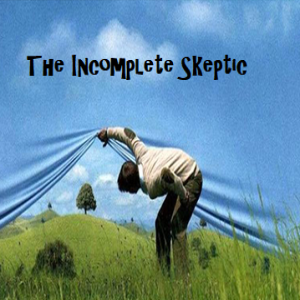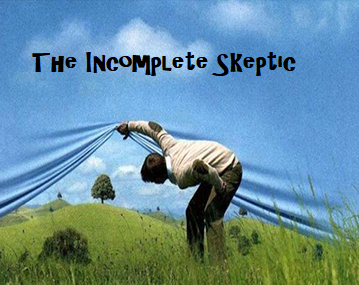Episodes

Monday Sep 13, 2021
Drinking Problems: To Intervene or NOT to Intervene? That is the Question.
Monday Sep 13, 2021
Monday Sep 13, 2021
When someone we love is drinking themselves into a living hell and might even die from drinking alcoholically (or accidentally), what can we do to help?
As to my perspective on this topic, take what you like and leave the rest.
Alcoholism is a “family illness” which can, and most often does, cause serious emotional, psychological, and even physical effects on the family and friends of the alcoholic or problem drinker. It is a fact that more and more therapists, psychologists, social workers, and other health professionals are recommending Al-Anon as a crucial aid in recovery for those affected by the disease.
A disturbing estimation is that possibly as much as 15% of the US population could be considered “problem drinkers.” Within that group, there is another percentage that may, in fact, be clinical alcoholics. The good news is that we in Al-Anon don’t need to understand those differences nor the statistics; that’s best left for the professionals to decide.
All we need to understand are “The 3 C’s”, which are:
We didn’t Cause it – it is not our fault that the other person drinks; it is their private battle.
We can’t Control it – we have no power over the other person's desire to drink.
We can’t Cure it – it is an illness that cannot be cured through any known medical remedies.
If you can start to consider alcoholism the same way you consider other illnesses, such as diabetes, for example, it will become clear that you are powerless over it.
We would not consider ourselves responsible for the cause of someone who has been diagnosed with diabetes, nor would we believe we have the power to control their diabetes by will alone. Certainly, if science cannot create a cure for diabetes, we ourselves aren’t likely to be arrogant enough to imagine we will discover the vaccine…so why do we find ourselves taking a different perspective on alcoholism?
There are so many answers to that question, but some simple explanations can include; lack of understanding of the disease, being too afraid to admit there is a problem, embarrassment that friends and neighbors won’t understand, concerns that the “label” will cause you to become a social outcast…and the list goes on…
I lost a woman I loved very much to this dreadful disease. She drank herself to death. Her daughter found her dead in bed after a three-day binge. One binge among hundreds of binges. I brought her to the ER once, and she had a BAC of .47. The doctor was shocked and said she should be dead and asked her if she was trying to kill herself through drinking. She didn't answer, but she told me several times she wanted to take a couple of bottles of booze, go into the forest, and drink them both and die.
I eventually left the relationship because she loved her addictions more than me. That's no judgment. We loved each other, and I loved her more than I loved myself. I only loved God more than her. It was the toughest years of my entire life. It was my Dark Night of the Soul.
I did everything in my power to help but ultimately had to pull the parachute cord. She was drowning and holding onto the bottle that was pulling her down (alcohol and depression don't mix well), I was holding on to her, and if I didn't let go, we would BOTH drown.
She was a wonderful woman and human being. Her life meant a lot to me. I refuse to let alcohol and her death define her meaning as a person. Grief is Praise and I grieved deeper than life itself. Thank God I had time with this wonderful human being.


No comments yet. Be the first to say something!